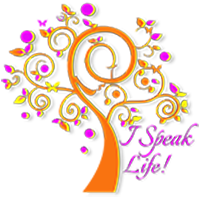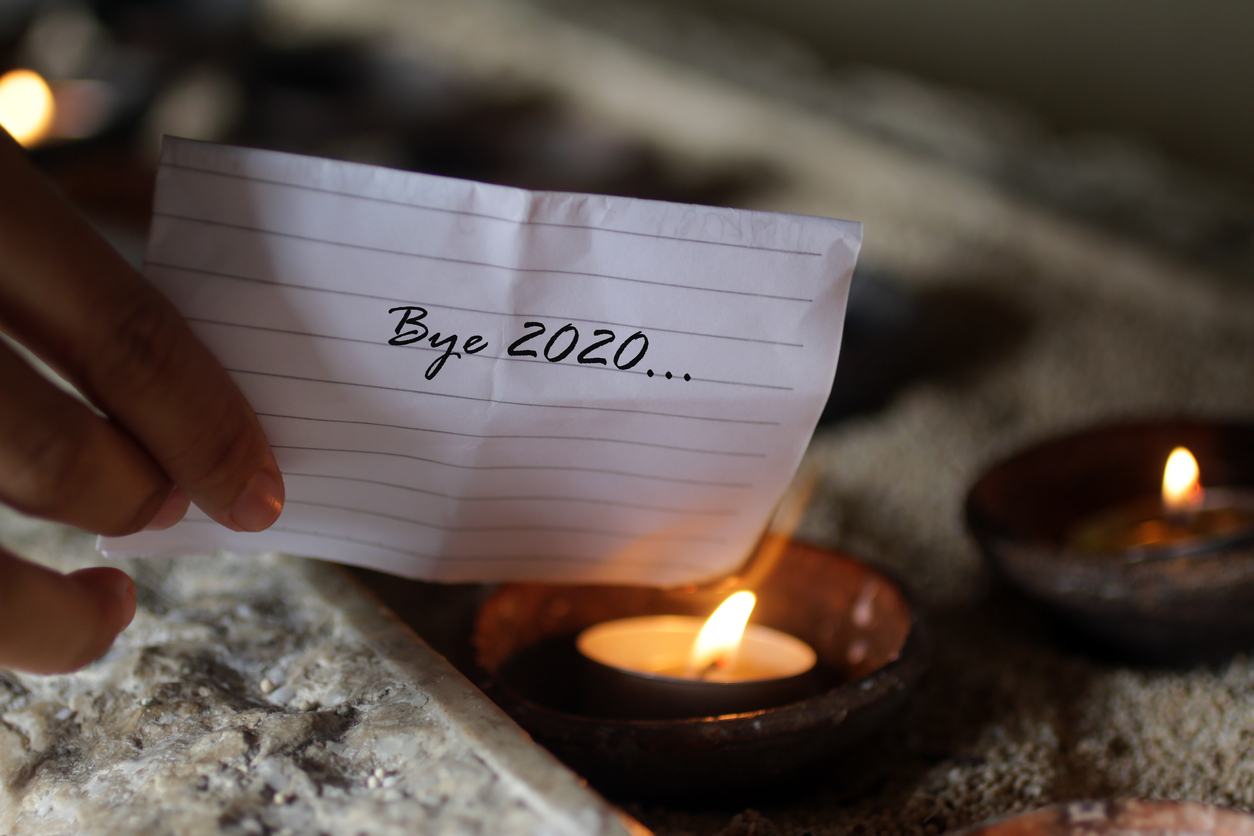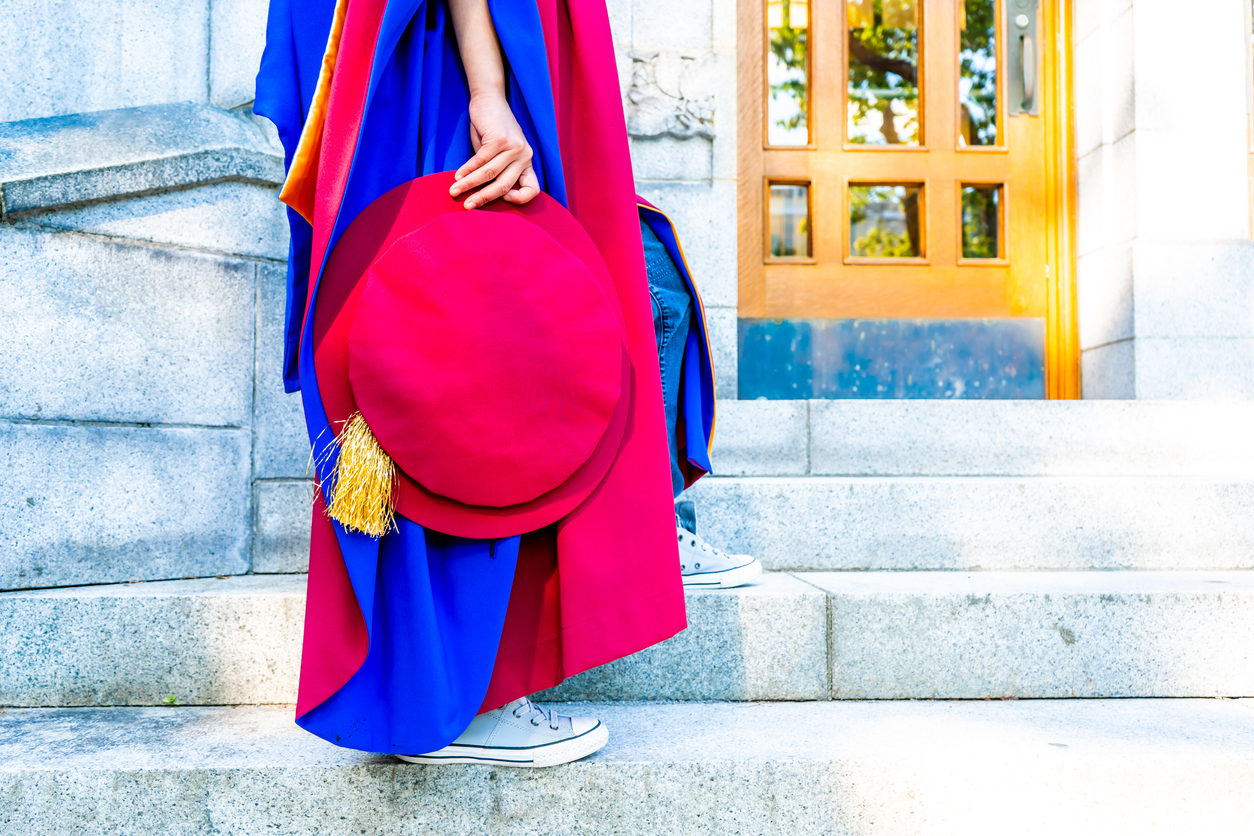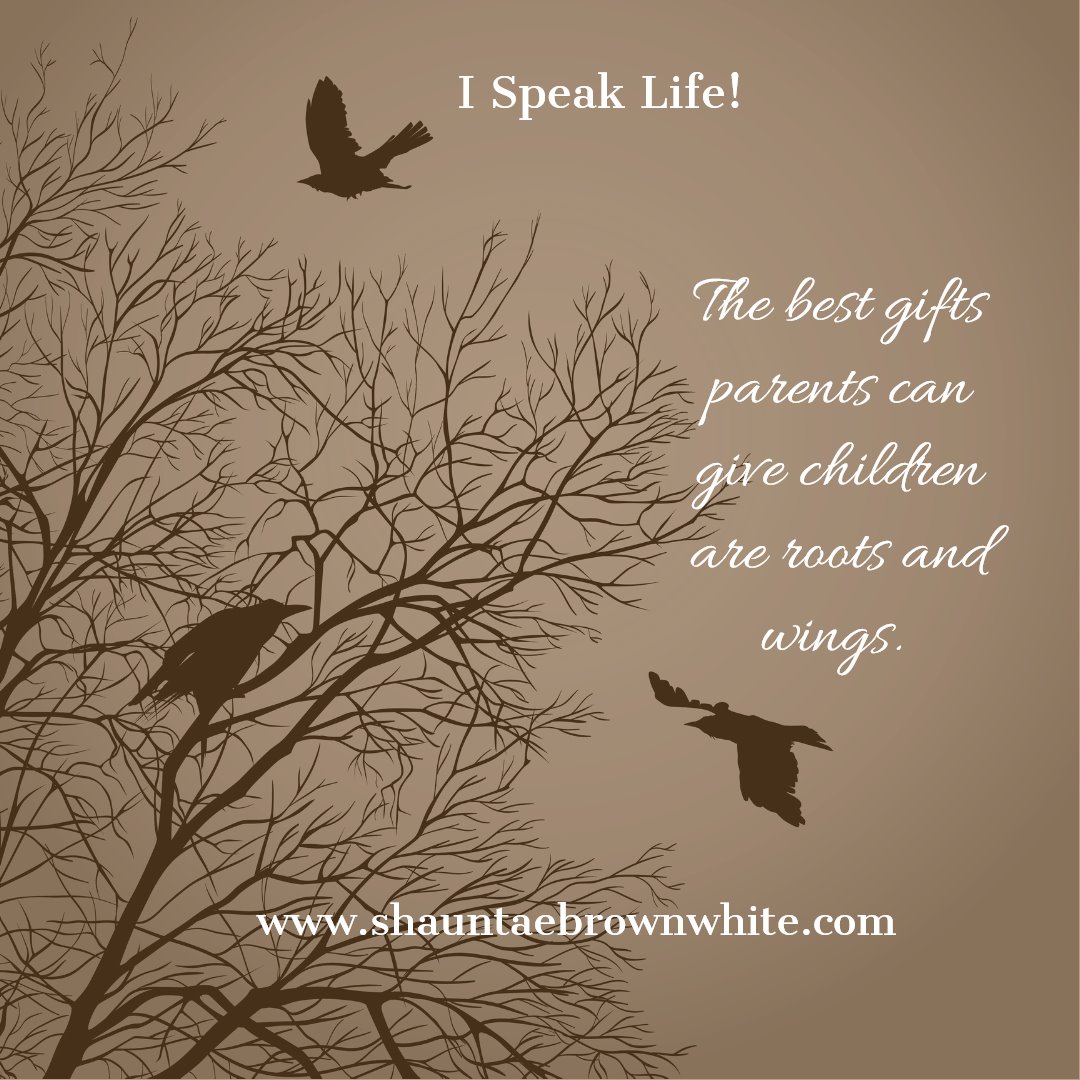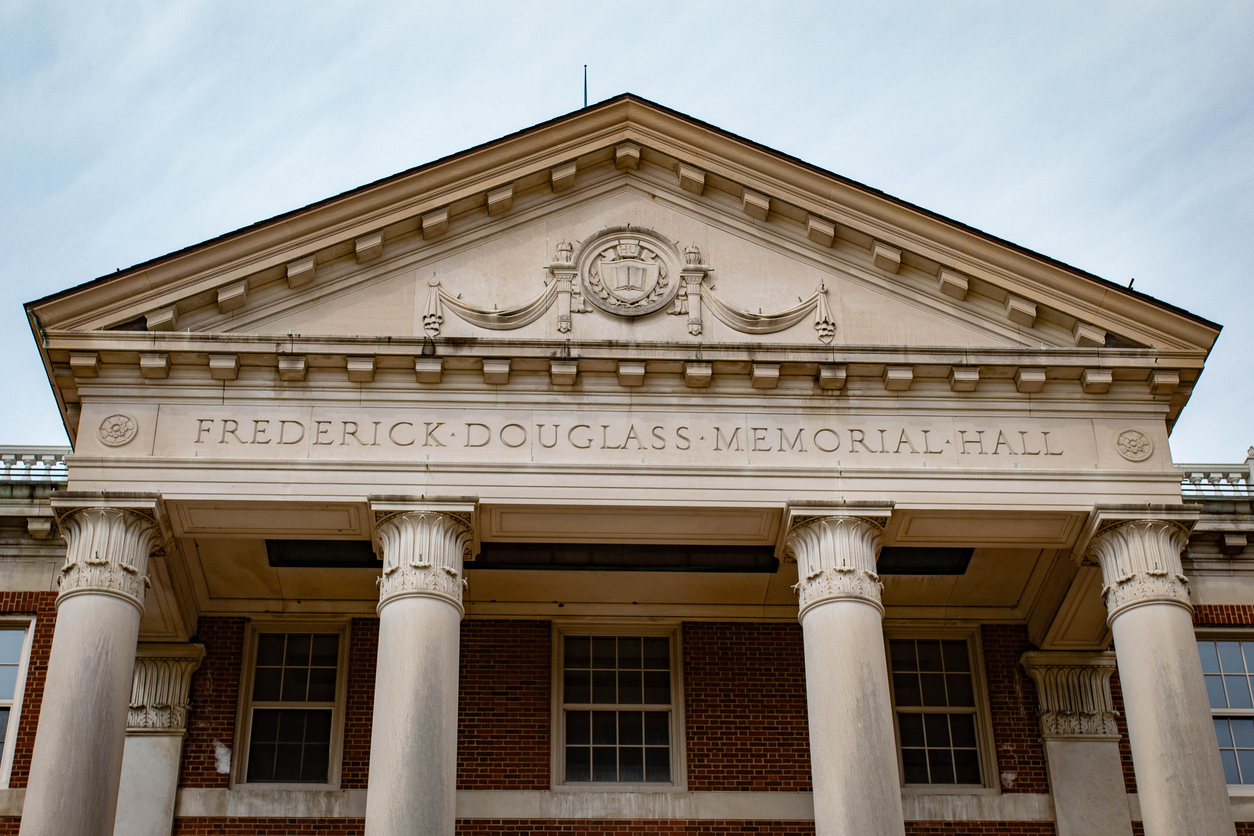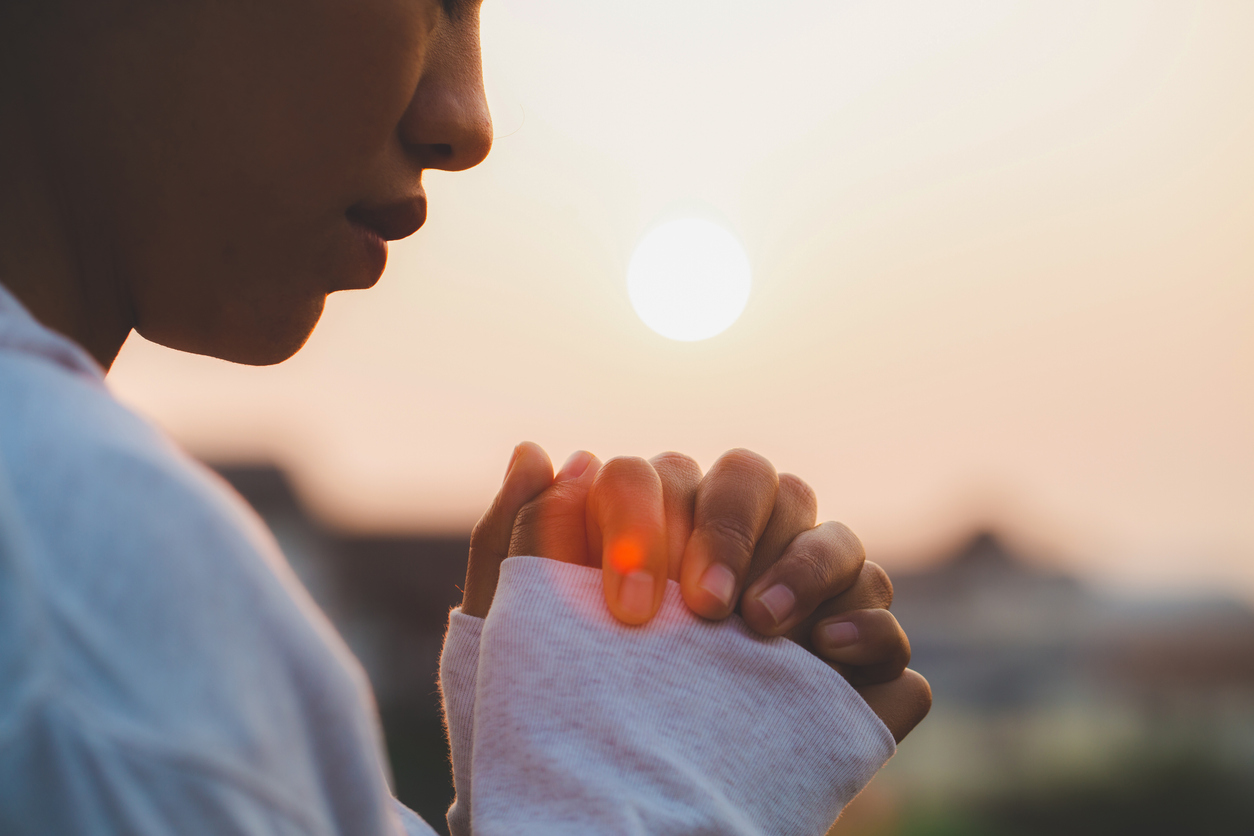My older daughter, Nia, started a cake baking business in high school. She was always ready and willing to invest in her own business be it buying the ingredients or purchasing business cards and cake boxes. On a regular basis, though, she would often ask her dad to purchase an ingredient she forgot she needed. Sometimes he was already out. Other times, the request was inconvenient. We both found it curious when she would remember she needed something only when she had driven past a store on her way home. For some odd reason, she rarely asked me. Though her dad would probably gripe a bit, he would never refuse her. Her dad was her unofficial silent investor because he would never ask for or take the money she offered. Little did we know, life would be interrupted in the summer of 2020 and he would long to hear the words, “Daddy, can you stop at the store?”
In early June we were celebrating the silver lining after being shut down from the pandemic for three months. Nia was graduating from high school with honors and was on her way to Hampton University in the fall. Though most of the activities the spring of senior year had been canceled, including a trip to Europe, her school created meaningful, thoughtful ways to celebrate the seniors the week leading up to graduation. They were even able to have a graduation ceremony in the football stadium with the candidates seated with their families and each family socially distanced. We were not able to have a graduation party, but her dad and I had just settled on a date for a drive-by celebration in late July. At the time, it looked like her university planned to have students on campus. We began ordering dorm essentials. In mid-June boxes started arriving and occupied space in the living room. Those boxes remained in the same place until October.
Nia is fiercely independent. She had been ready to start college since her junior year. Suddenly, in mid-June she seemed to have some anxiety about starting college amidst a pandemic. That seemed like a normal response. I was apprehensive, too. Then she learned a classmate tested positive for coronavirus, though she was asymptomatic. Her reaction was odd to us. She cried for nearly 10 days. We went from having long negotiated conversations about if she could hang out with friends outside, to spirited discussions on why she absolutely could not spend the night at someone’s house or get a job dealing with the public to her not only just wanting to stay at home, but usually very close to one of us.
Out of the blue on the last Thursday of June, she seemed to move slower. She worked out with me and her coordination looked like that of a 5-year-old. The next day when she went walking with her dad, he had to help her step up on the curb. Saturday evening, while I ran out to do an errand, her dad heard her fall in the shower. The door was locked. Fortunately, she was able to get up. In addition to the anxiety and the loss of coordination, she had insomnia. By Saturday, she had only slept one full night in 6 days. That insomnia would last a total of 14 days. We went to the emergency room on Saturday night. We later learned she had autoimmune encephalitis—inflammation of the brain. Her brain was literally on fire. Two hospitals and 74 days later, she came home.
In my blog yesterday, I talked about finding the blessings even in despair. That is exactly what we had to do this summer. Doctors were confident Nia would make a full recovery, and then they would add, “This is the hardest part for parents.” The hardest part included watching Nia lose mobility, control of bodily functions, needing help to feed herself, and have no emotion in her communication. Doctors and nurses who had cared for her the previous day would have to introduce themselves each day because she had no recollection of them even from 24 hours ago. These are only a few things. Yet, in all of that, I could see the hand of God. I would never choose to go through this again, but I am thankful for the experience. Here is how I saw God at work even in the small things this summer.
- The pandemic of 2020 provided its own protection. Life, as usual, had come to a halt. I didn’t have to worry about shuttling my 14- year-old to school and activities. My husband, who is a pastor, was only preaching one service via Livestream verses the usual pre-pandemic three services on Sunday. Because nobody was in the building, he didn’t have to deal with even well-meaning people. The sting of not starting college in the fall hurt less for Nia because no one was having a “normal” freshman year anyway. With less people on the road, the commute to and from the hospital was pretty manageable no matter the time of day.
- There was no better time to be sick. I am grateful Nia was still at home instead of away at college and that she finished high school. It was also a blessing that she was still 17 and thus still considered pediatric. With that, both parents could visit without restrictions. This would not have been the case if she were 18 when there would have been one designated visitor that could only come during visiting hours.
- Duke University Hospital is right in our back yard. Duke specializes in autoimmune brain diseases in which people come from all over the world to be treated. We did not have to travel to another state to be treated. Often, people with autoimmune encephalitis are misdiagnosed losing days, weeks and months of treatment. Nia was diagnosed early and treated aggressively.
- God has a sense of humor. Nia had put in her own braids at the end of May. (Quick hair lesson for those not familiar with black hair: Sometimes black women use synthetic hair to add with their hair when doing a braided style. The additional hair helps the style last longer and is considered a protective style). By August I knew the braids needed to be taken out soon and it was causing me great anxiety. I had a few barriers: we were still in ICU with no shower; Nia still was not balanced enough to even go to the shower; and my hair skills are very minimal. I had several sets of friends, who could feel my anxiety, giving me advice. Finally, one of the nurse’s aides said she was a licensed cosmetologist and could help me that weekend the next time she worked. I would have to request her, but she couldn’t guarantee she would be assigned to Nia. Now, I am not saying that all black women can braid hair (I can’t), but most would probably be familiar enough to take out braids, help me get her hair washed, conditioned and styled decent enough. Most of Nia’s sitters had been black…until that weekend when I walk in with all my bag of hair products and tools and see a young white sitter. Really, Lord?! I asked, “I don’t suppose you know about black hair?” I could only laugh. Eventually, I got a sitter that could help and had no shame in asking anyone who sat with her could they do hair.
- I learned how I will be a support to others in the future. I will never know the prayers spoken on our behalf. The acts of kindness, texts, calls, dinners are too numerous to name. There are two things that stand out to me. My one good girlfriend dropped off a bag of salad with vegetables from her husband’s garden every Sunday while Nia was in the hospital. She told me, “When my mother died, you brought vegetables because you said people only bring carb heavy-comfort food.” I vaguely remember saying that, but I appreciated each bag. What was most helpful was she just did it. When in distress, it is too much to try to think about what you need or even want. Further, it would be a very rare instance when I would take anyone up on the offer, “Let me know if you need anything.”
When providing support for other people, I have called and sent messages asking how everything was going. I will be thoughtful about if and when I do that in the future. I appreciated getting a 6 a.m. text every morning from a friend that was a statement of encouragement, a prayer or a scripture. The statement, verses a question, gave me the freedom to answer or not. We don’t know how to support people until we have sat in the seat of need. These two acts and so many others are lessons for me.
- God is a sustainer! Seventy-four days in the hospital. Forty-two in the ICU. I took the morning/afternoon shift. My husband took the afternoon/evening shift. Neither of us missed a day. For 74 days, I got up and worked out for 68 of those days. It was one of few things I felt I had control. I made breakfast for myself and my 14-year-old. Sometimes she would make it for me. I drove the 37 minutes to Duke, parked and walked. I made sure I was there when the doctors rounded. I got Nia ready for the morning and physical therapy and whatever else encompassed the rest of the day. My husband arrived in the afternoon. We would have the longest face-to-face conversation of the day, about 12 minutes, as he walked me to my car, and we debriefed. If I had enough emotional energy, I might return a call of someone who called to check in. Otherwise, I prayed or listened to an Audible book. I got home and took a quick nap so that I could be mindfully present for my 14-year-old in whatever we had decided to do for the evening. I waited for my husband to get home for our second face-to-face conversation of the day. I checked with the night nurse before I went to bed. Repeat for 74 days. Since then, several people have said, “You have handled this so well.” My reply is there was no other choice. I do not pat myself on the back because I know that I know that I know it was God who sustained me—us—for 74 days.
We are six months since all of this began and three months home. Nia continues to heal every day. I have never been so proud of her tenacity and pure grit. She took two community college classes this semester. It took and much longer to read and process information than before. Her quiz and test scores did not reflect the time she was putting in. But, she stuck with it and earned an A and a B. I asked her the other day, “Do you ever feel sorry for yourself?” She said, “Sometimes. But that is not going to get me anywhere.” She is getting back some of the activities she used to do including baking. She completed big orders for Thanksgiving and Christmas. With that, her dad heard the sweetest words he had longed for this summer, “Daddy, can you stop at the store?”
